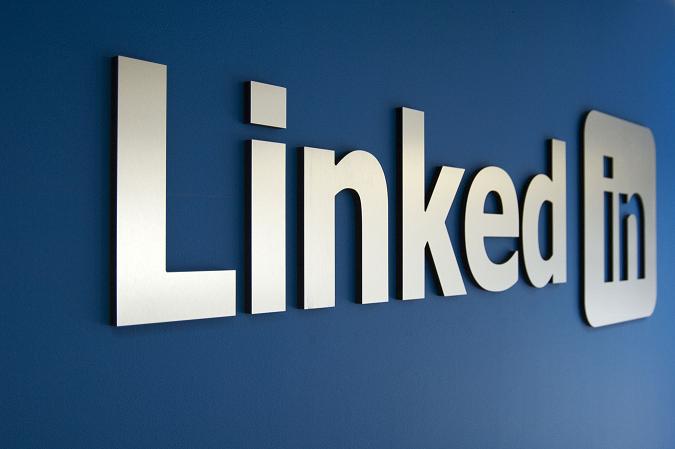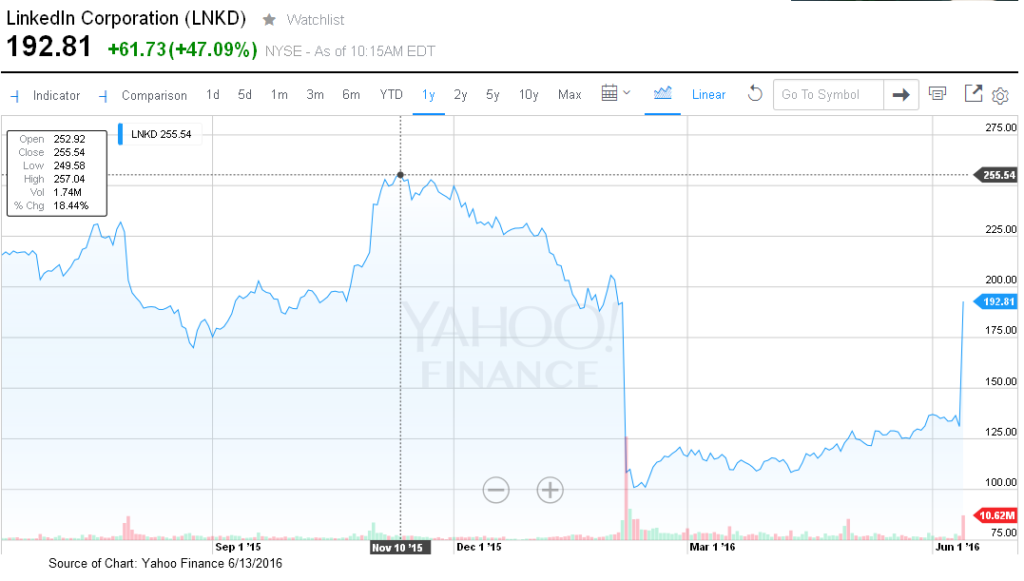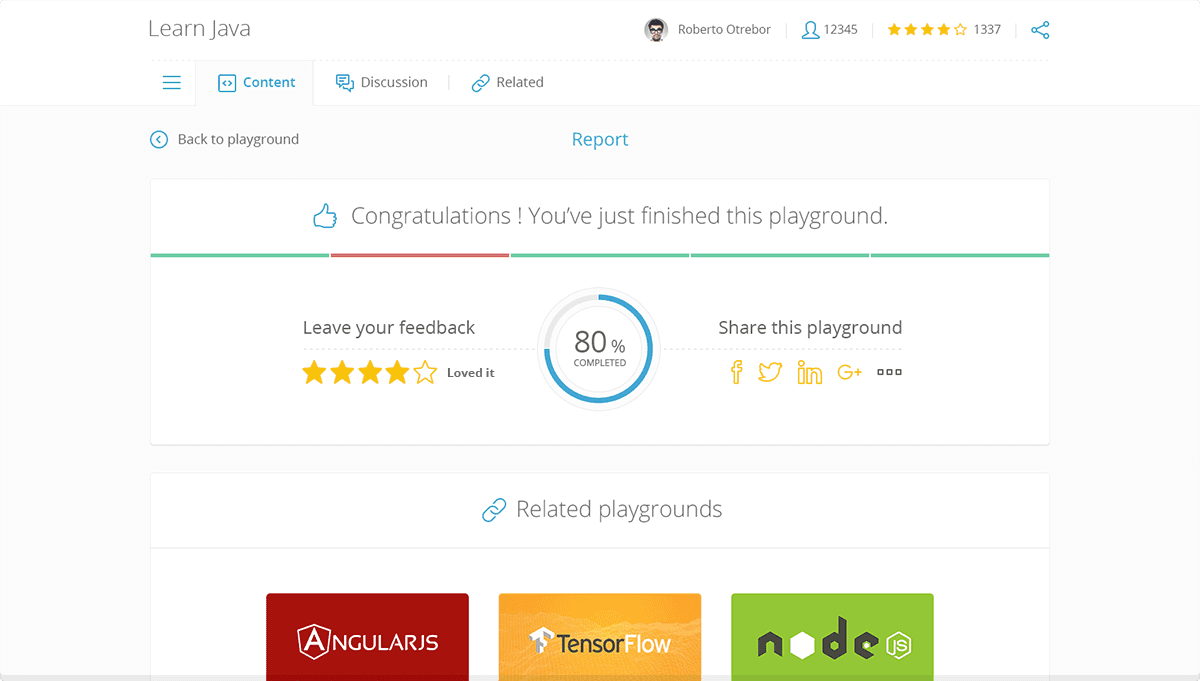Microsoft to buy Linkedin for $26.2 billion

Here is an acquisition which looks to be a great move for Microsoft, they are buying Linkedin for $26.2 billion in cash. For anyone who has been living under a rock for the past 10 years, Linkedin is a professional social networking platform. Linkedin launched in May 2003 and it is primarily used for business and professional networking. As of March 2016 it was reported that Linkedin has more than 400 million users, out of which more than 106 million are considered active users.
In a joint press release, the companies stated that Microsoft had agree to pay $196 per share (cash) for each share of Linkedin stock. On Friday (June 10, 2016) the price per share of Linkedin was $131.08. However, the share price at one point was $255 in November of 2015. In a blog post, Microsoft said LinkedIn will “retain its distinct brand, culture and independence,” with Chief Executive Jeff Weiner remaining at the helm, reporting to Microsoft CEO Satya Nadella.

Microsoft’s balance sheet is showing over $100 billion in cash and they can certainly afford the acquisition. This acquisition is not only a huge transaction, yet a no brainier. Microsoft has always been dominant in the software business and never was successful in social networking. Linkedin is also one of the most popular site for job postings.
Countless users would describe Linkedin services as a platform for everyone to market their own services. In other words, it is very common to receive an invitation from another member on Linkedin and while you do not even know this person, most likely you accept their invite. Then before you know it, you are receiving emails from people that you have no idea who they are and how they got your email. While we do know it is a social site, it would be nice to see improvements to helping people do business beyond a ‘semi-regulated gate keeper’ for a better lack of words. With that being said, we are looking forward to deal and think it is great for both companies.
Both boards have already approved the transaction, however, it still will need regulatory approval.





